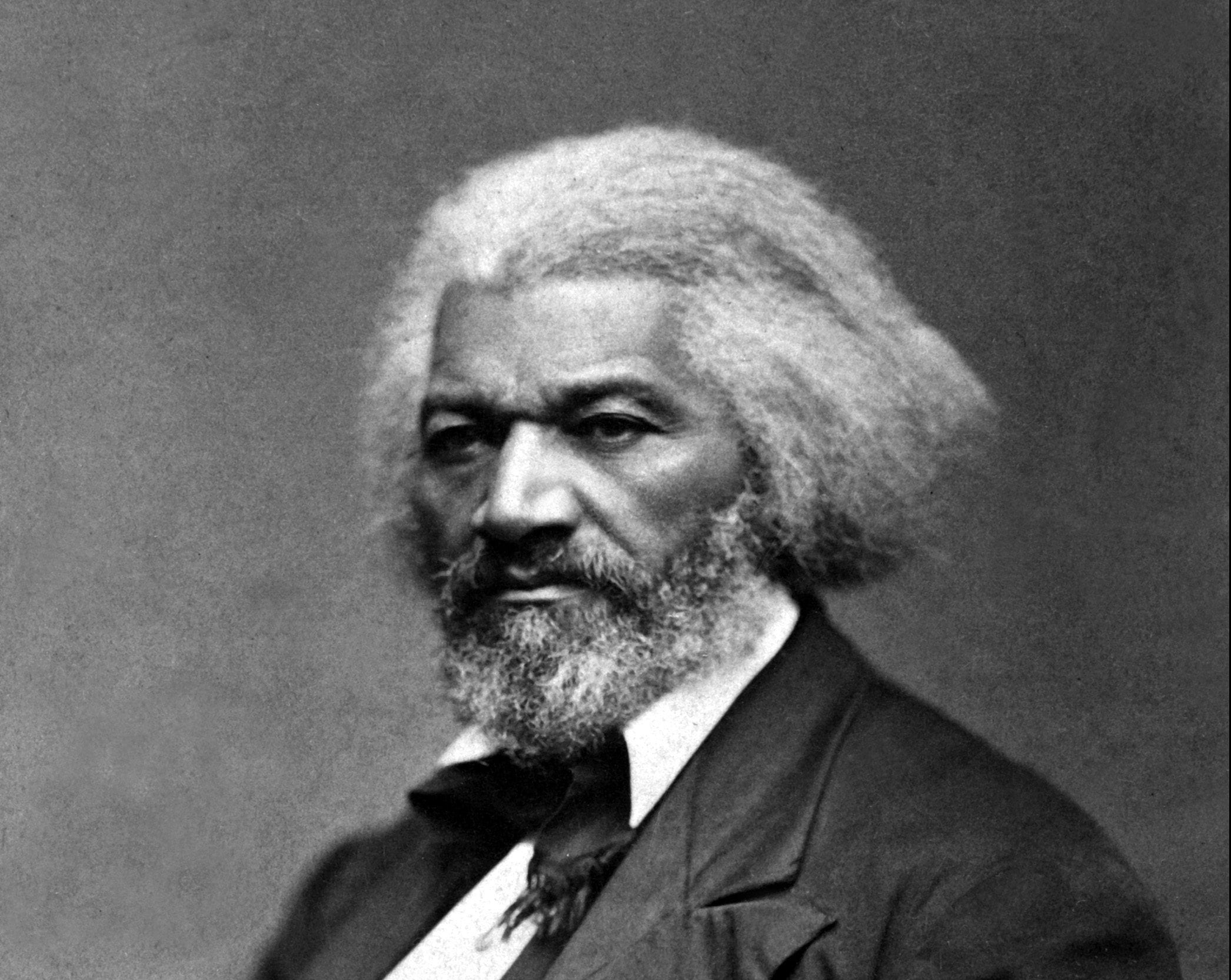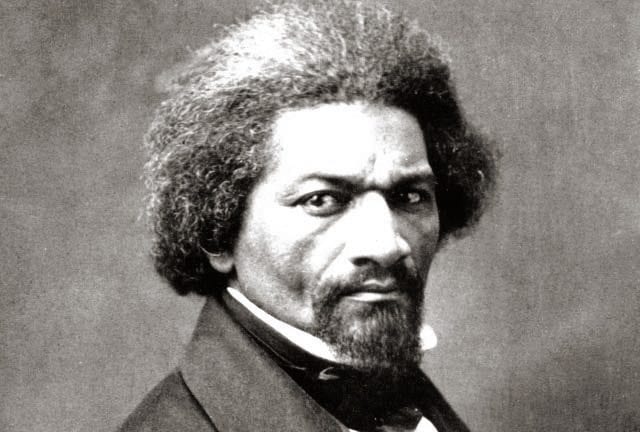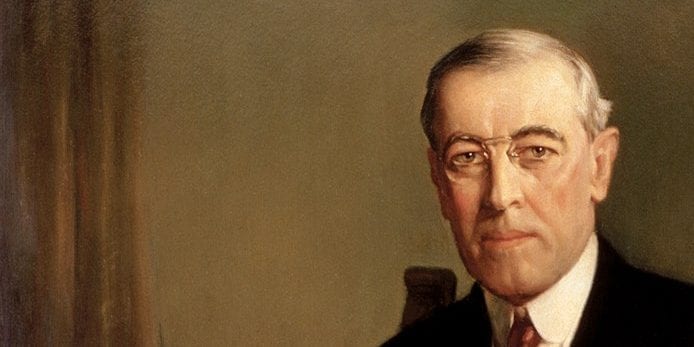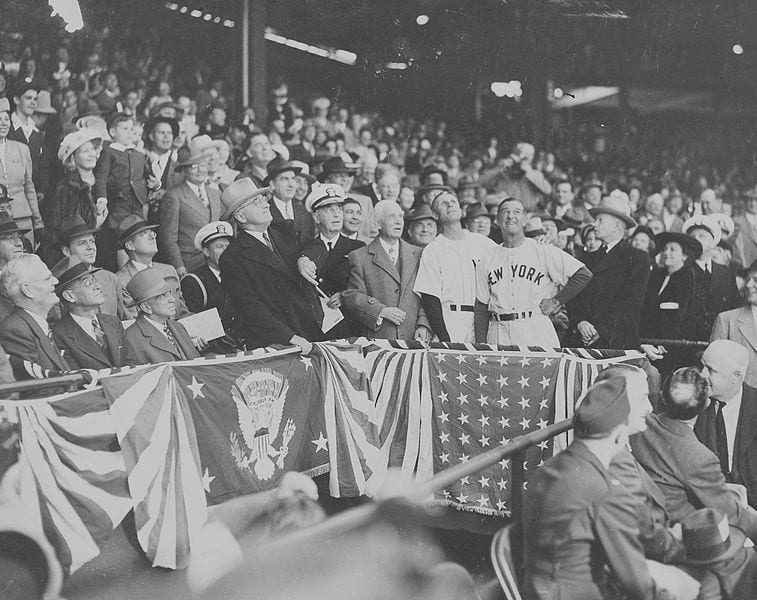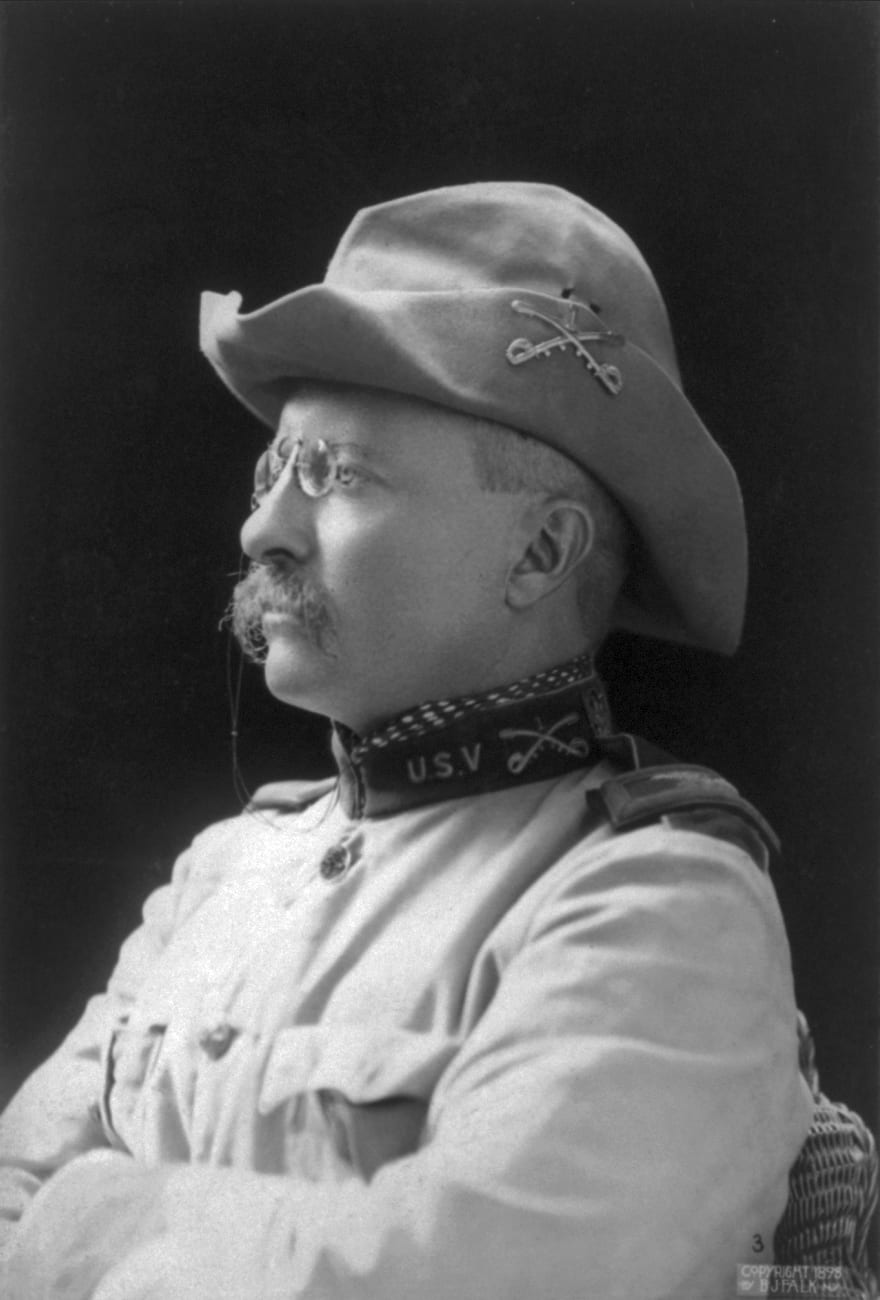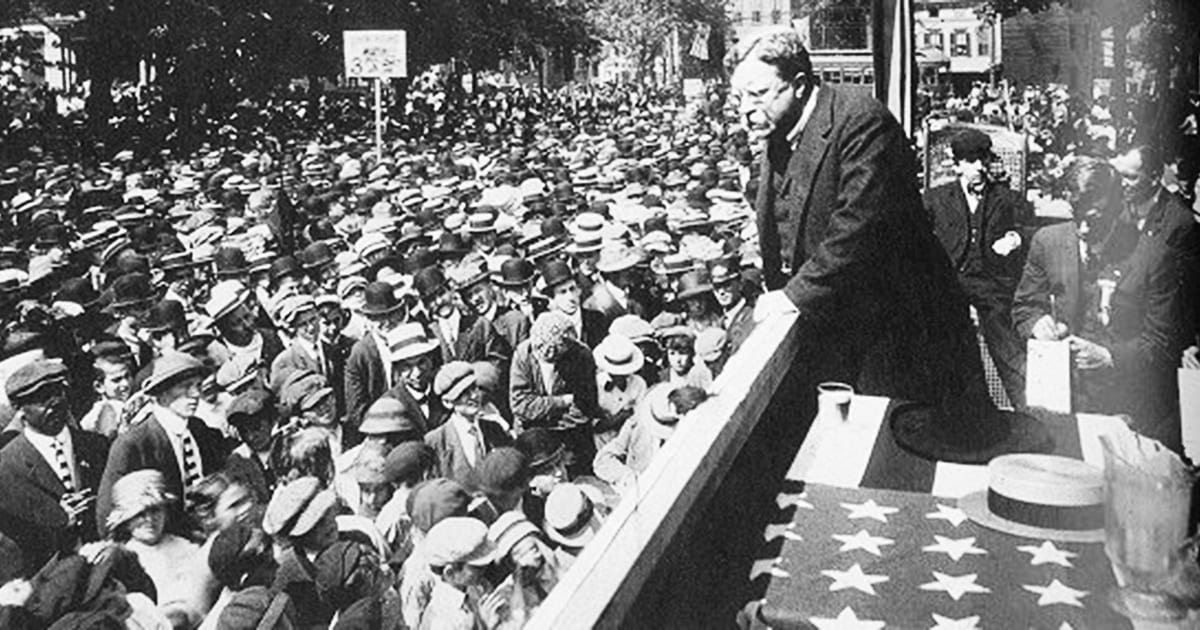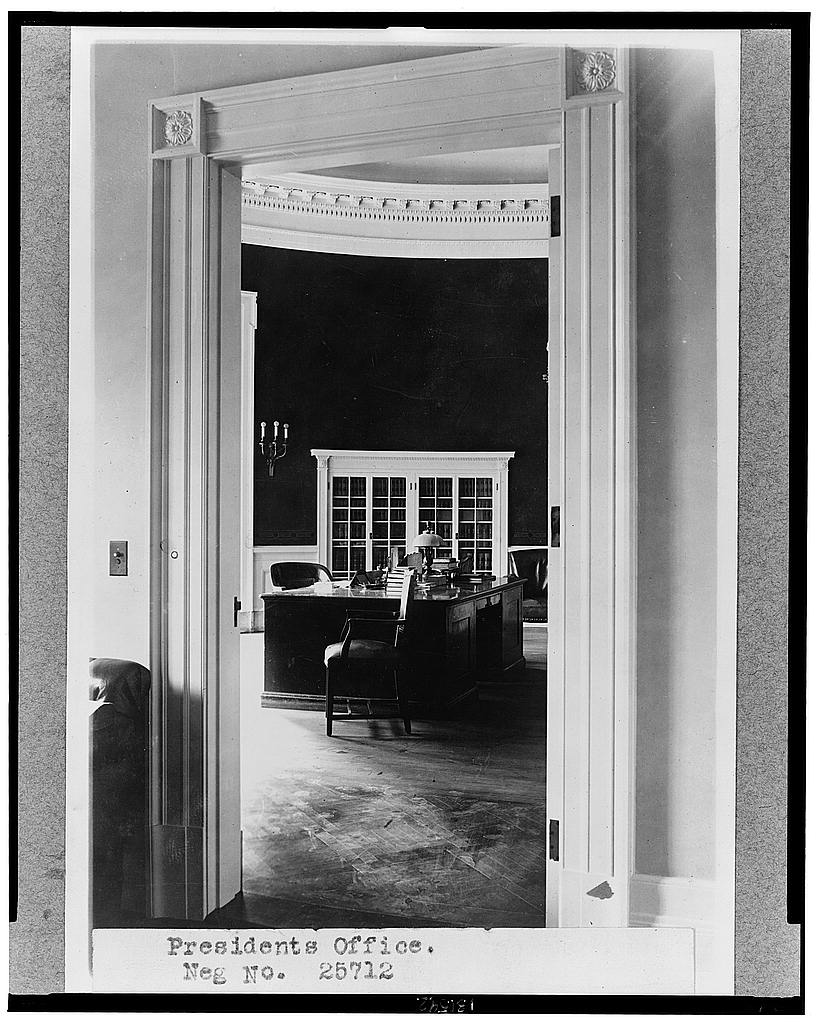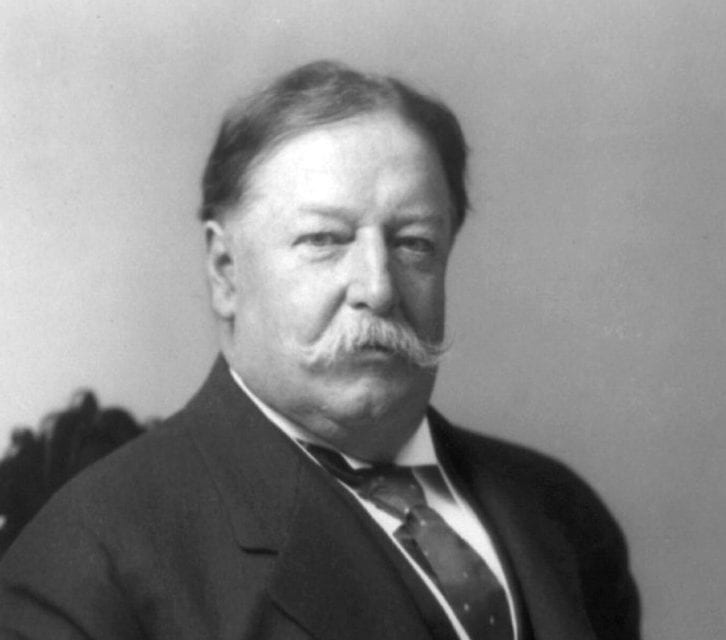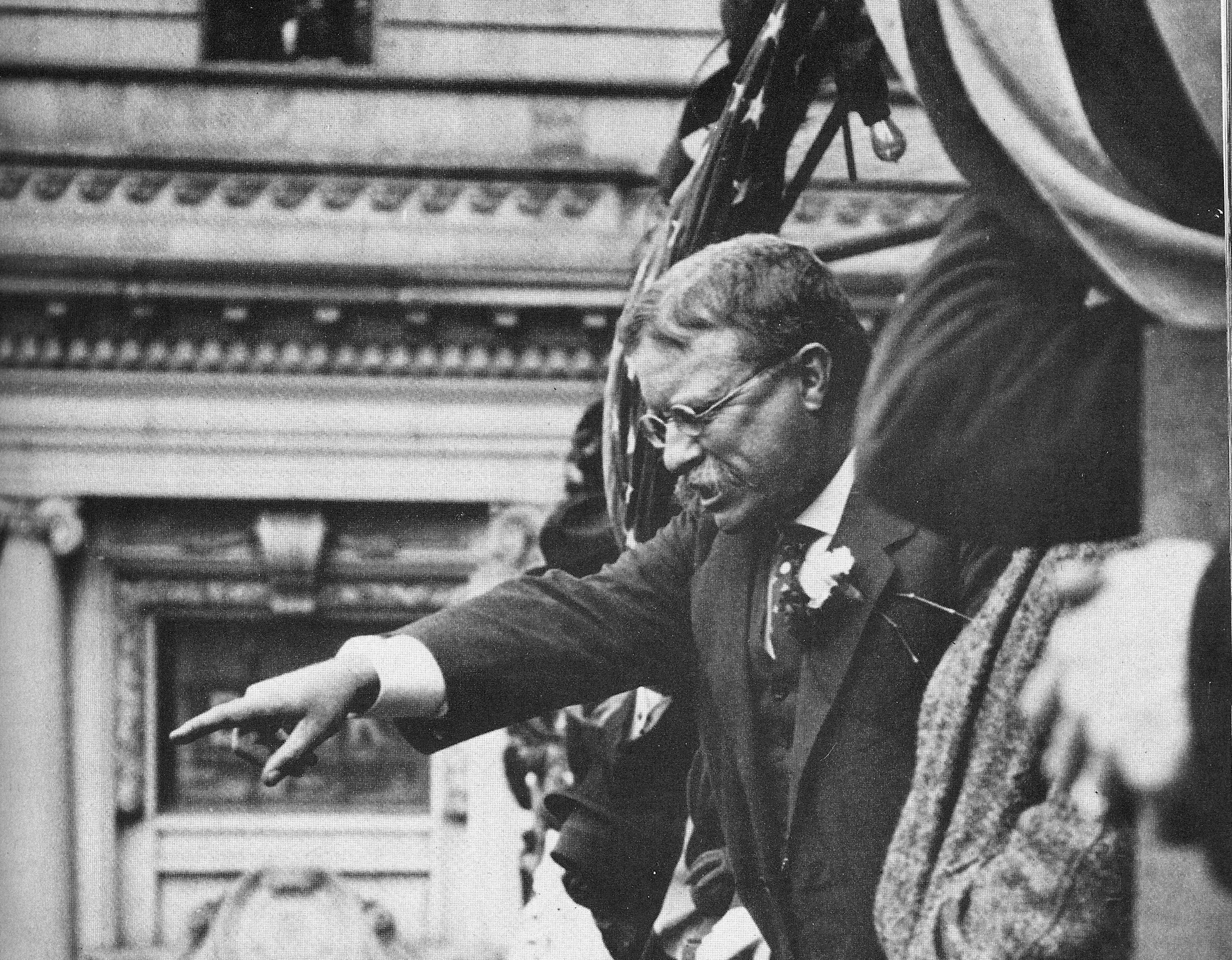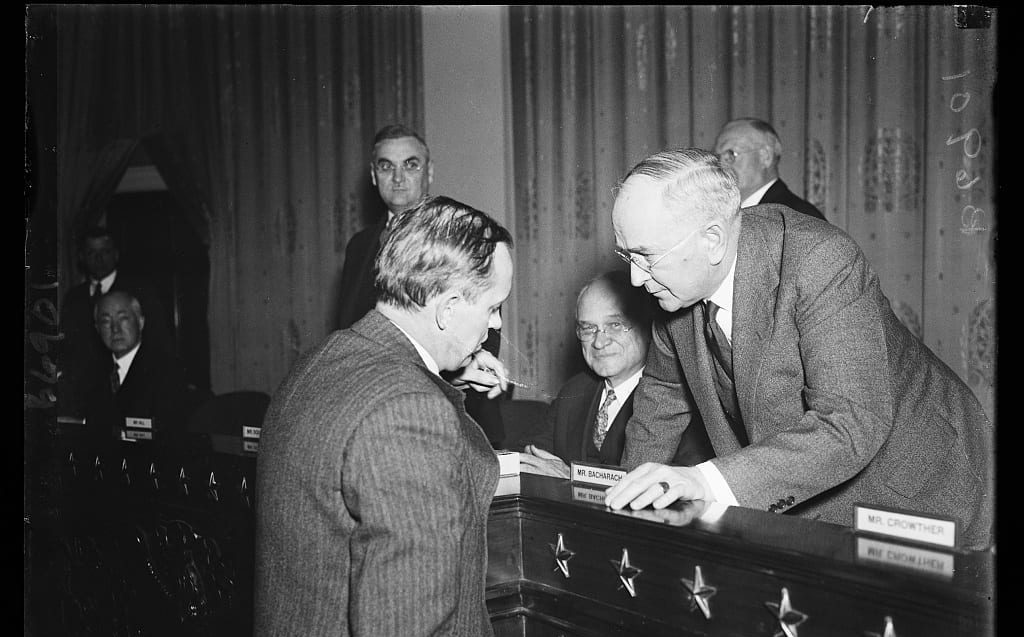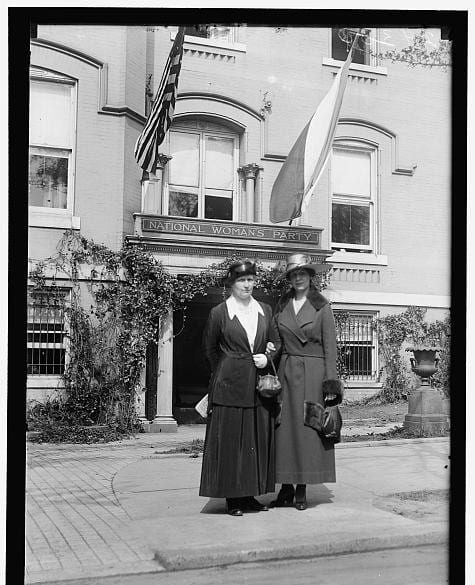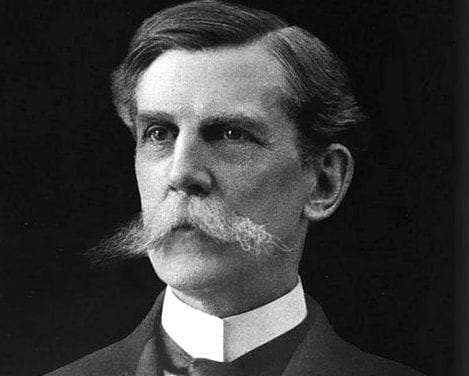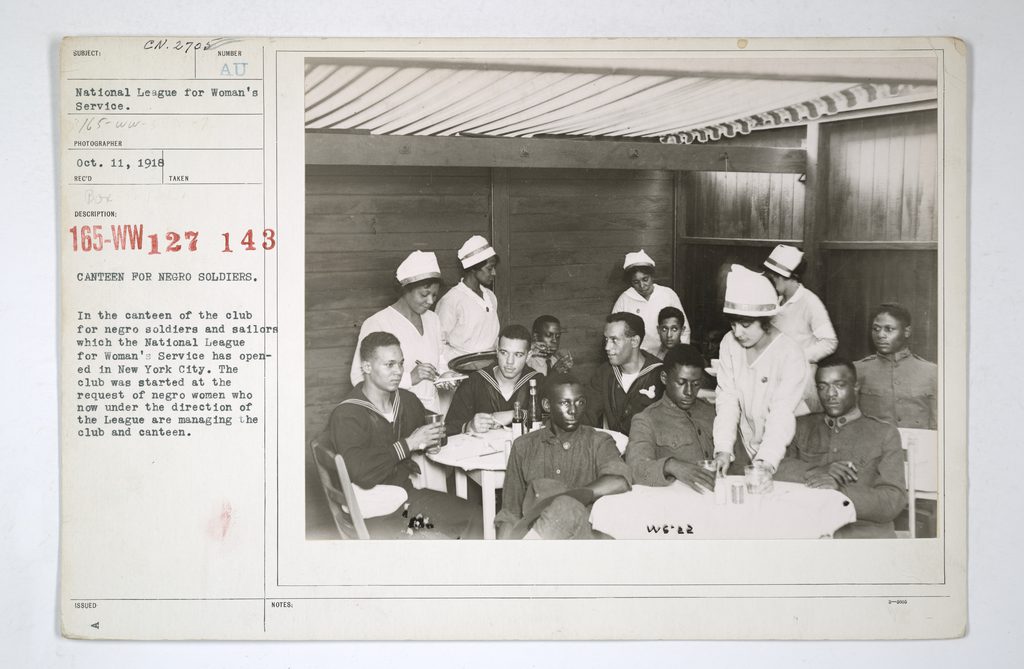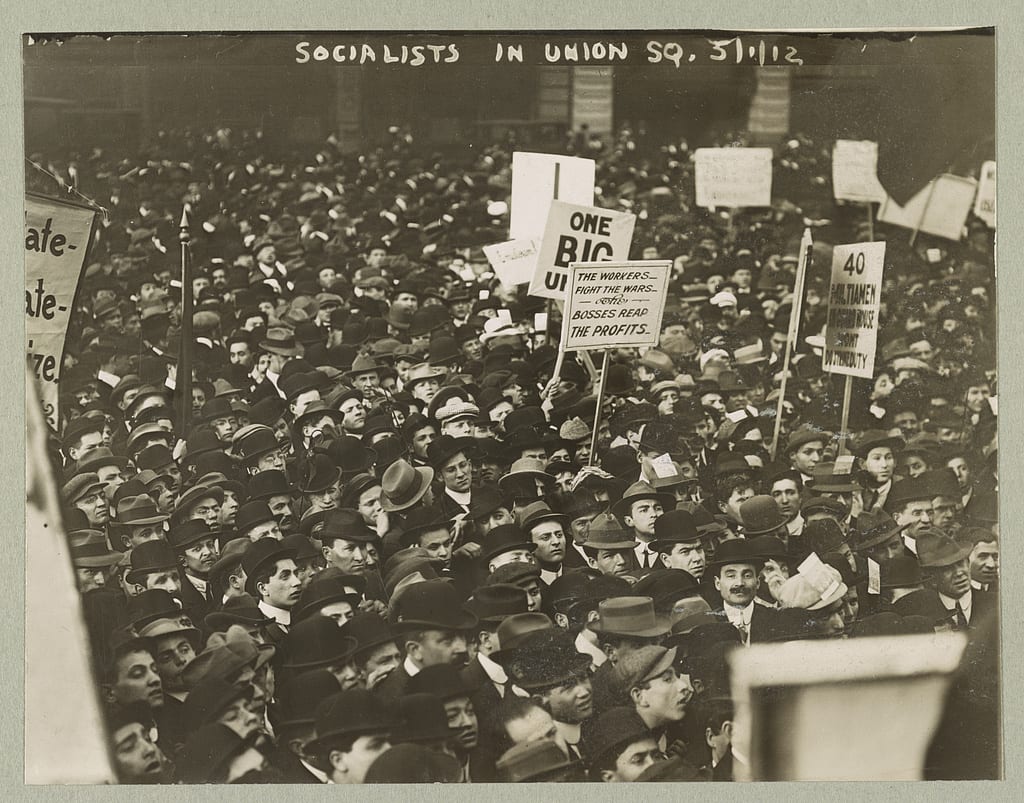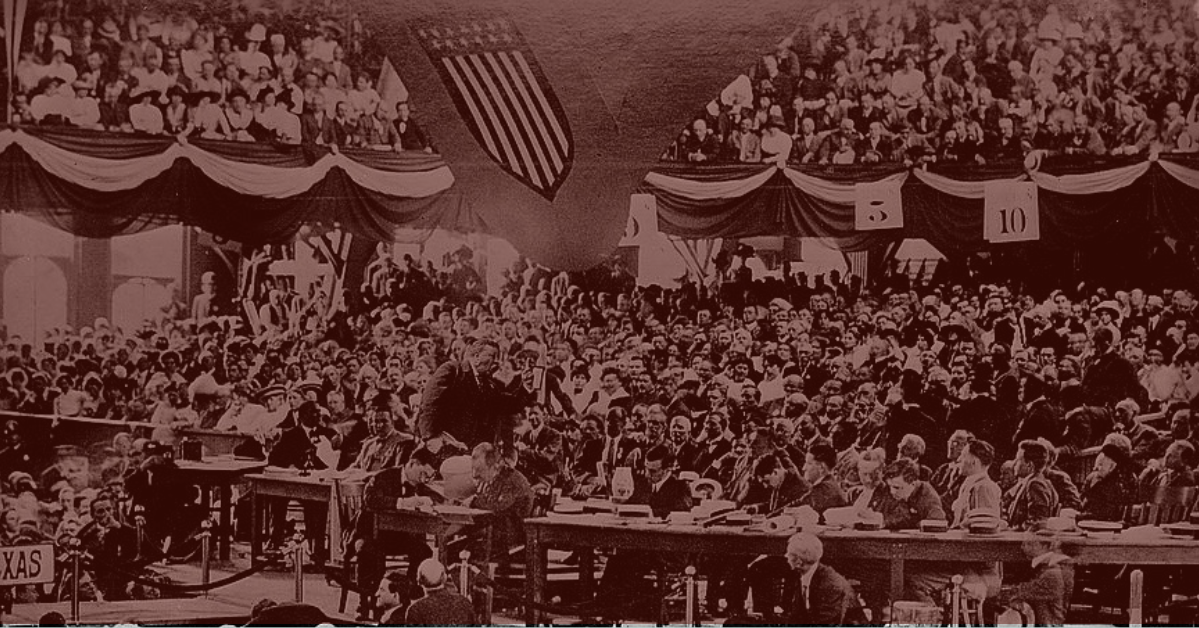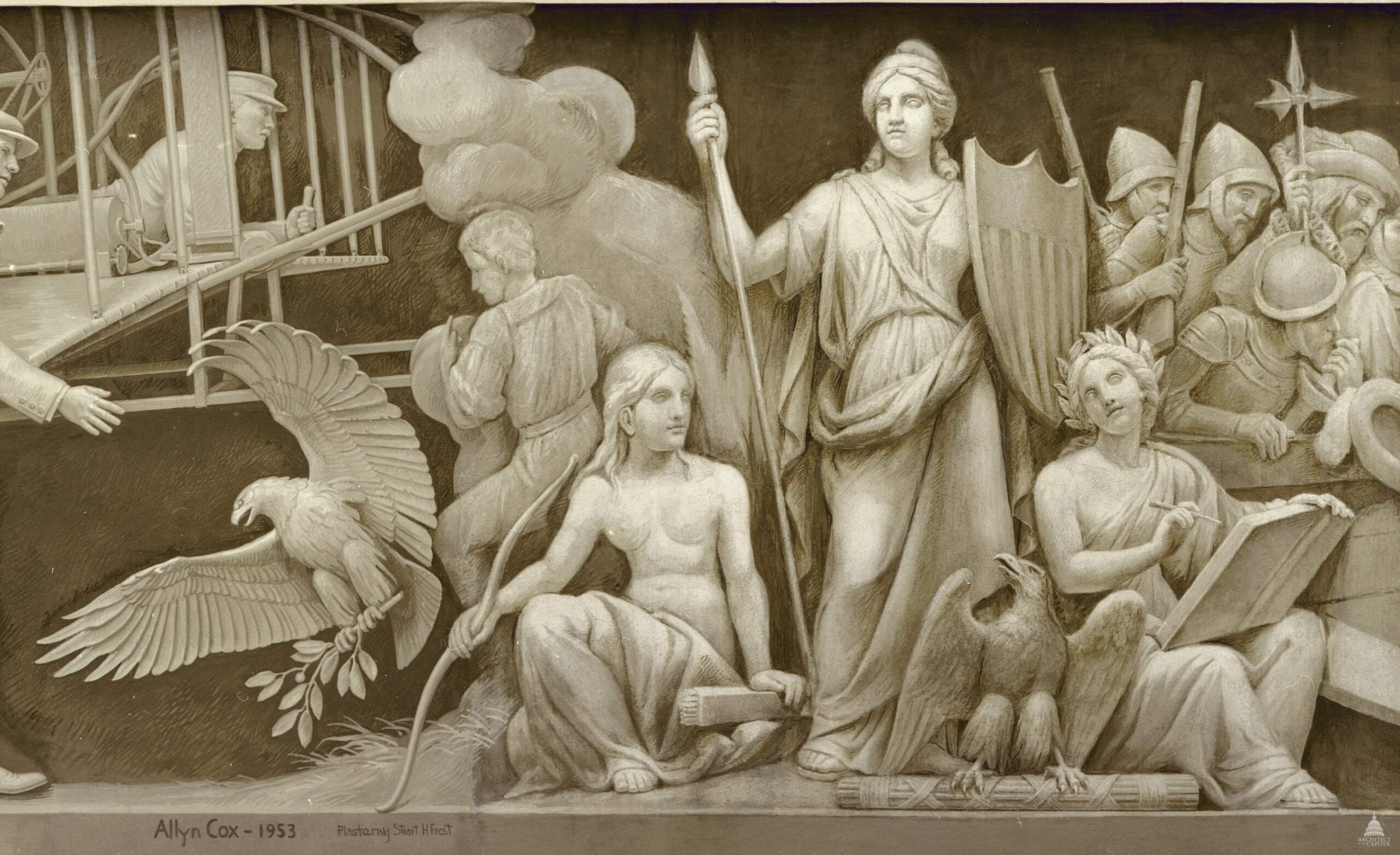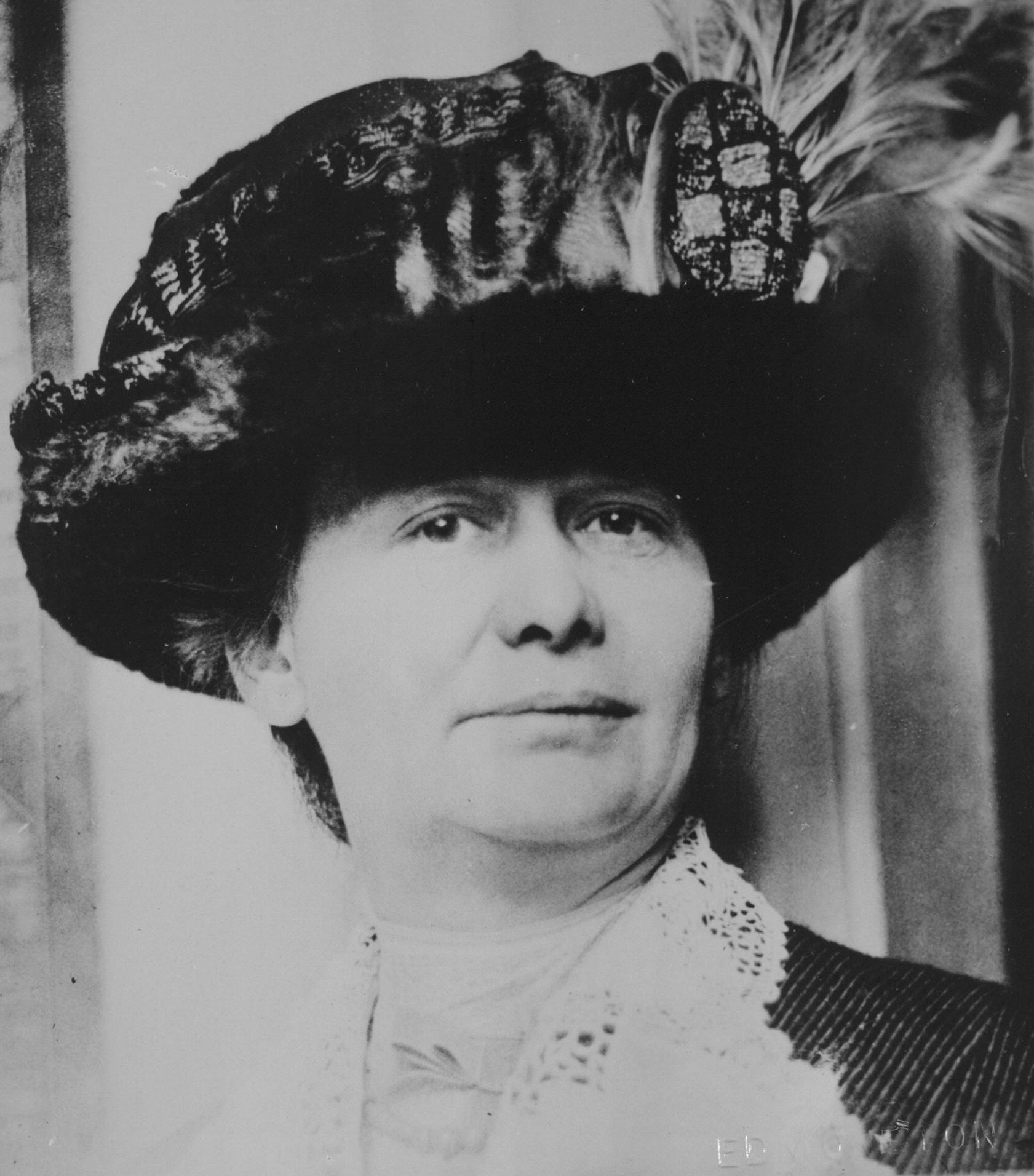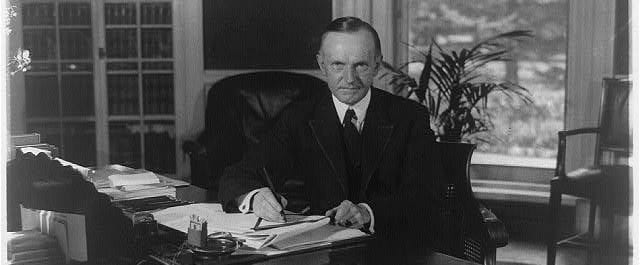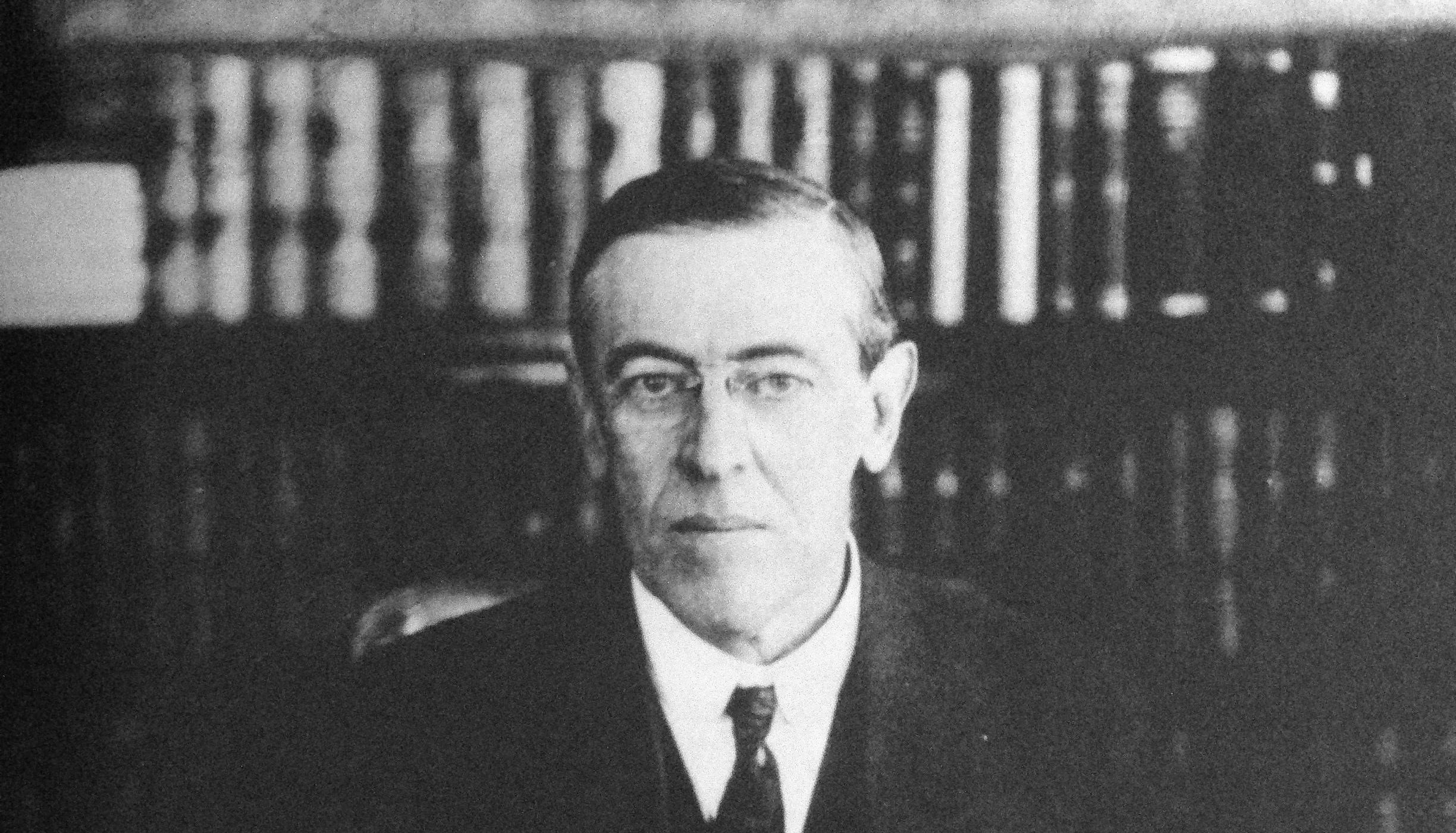
No related resources
Introduction
Of particular interest in the Progressive platform of 1924 was proposed reform of the courts. The Progressives favored a constitutional amendment that would protect congressional legislation from judicial review. They also favored direct popular election of federal judges for a term of no more than ten years, with the election being held without party designation. Senator Robert La Follette became the nominee for the party in 1924 after initially predicting that a third party would not be necessary. La Follette had stated that the only reason a third party would need representation in the election would be if the two major parties nominated reactionaries, or those who stood opposed to Progressive reform ideas. To his mind, however, this is exactly what the Democrats and Republicans did. Twelve hundred delegates and nine thousand spectators ratified the La Follette nomination. La Follette sought to siphon votes from both major parties; in his acceptance speech, he argued for cutting military spending, attacking monopolies, and nationalizing the railroads. He also supported nationalization of several major industries and an increase of taxes on the wealthy.
Source: Progressive Party Platform of 1924, November 4, 1924. Online by Gerhard Peters and John T. Woolley, The American Presidency Project. https://www.presidency.ucsb.edu/node/273290
The great issue before the American people today is the control of government and industry by private monopoly.
For a generation the people have struggled patiently, in the face of repeated betrayals by successive administrations, to free themselves from this intolerable power which has been undermining representative government.
Through control of government, monopoly has crushed competition, stifled private initiative and independent enterprise, and without fear of punishment now exacts extortionate profits upon every necessity of life consumed by the public.
The equality of opportunity proclaimed by the Declaration of Independence and asserted and defended by Jefferson and Lincoln as the heritage of every American citizen has been displaced by special privilege for the few, wrested from the government of the many.
FUNDAMENTAL RIGHTS IN DANGER—That tyrannical power which the American people denied to a king, they will no longer endure from the monopoly system. The people know they cannot yield to any group the control of the economic life of the nation and preserve their political liberties. They know monopoly has its representatives in the halls of congress, on the federal bench, and in the executive departments; that these servile agents barter away the nation’s natural resources, nullify acts of congress by judicial veto an administrative favor, invade the people’s rights by unlawful arrests and unconstitutional searches and seizures, direct our foreign policy in the interests of predatory wealth, and make wars and conscript the sons of the common people to fight them
The usurpation in recent years by the federal courts of the power to nullify laws duly enacted by the legislative branch of the government is a plain violation of the Constitution.[1] Abraham Lincoln, in his first inaugural address, said: “The candid citizen must confess that if the policy of the government, upon vital questions affecting the whole people, is to be irrevocably fixed by decisions of the supreme court, the people will have ceased to be their own rulers, having to that extent practically resigned their government into the hands of that eminent tribunal.” The constitution specifically vests all legislative power in the congress, giving that body power and authority to override the veto of the president. The federal courts are given no authority under the constitution to veto acts of congress. Since the federal courts have assumed to exercise such veto power, it is essential that the Constitution shall give to the congress, the right to over-ride such judicial veto, otherwise the court will make itself master over the other co-ordinate branches of the government. The people themselves must approve or disapprove the present exercise of legislative power by the federal courts.
DISTRESS OF AMERICAN FAMILIES—The present condition of American agriculture constitutes an emergency of the gravest character. The department of commerce report shows that during 1923 there was a steady and marked increase in dividends paid by the great industrial corporations. The same is true of the steam and electric railways and practically all other large corporations. On the other hand, the secretary of agriculture reports that in the fifteen principal wheat growing states more than 108,000 farmers since 1920 have lost their farms through foreclosure and bankruptcy; that more than 122,000 have surrendered their property without legal proceedings, and that nearly 375,000 have retained possession of their property only through the leniency of their creditors, making a total of more than 600,000 or 26 per cent of all farmers who have virtually been bankrupted since 1920 in these fifteen states alone.
Almost unlimited prosperity for the great corporations and ruin and bankruptcy for agriculture is the direct and logical result of the politics and legislation which deflated the farmer while extending almost unlimited credit to the great corporations; which protected with exorbitant tariffs the industrial magnates, but depressed the prices of the farmers’ products by financial juggling while greatly increasing the cost of what he may buy; which guaranteed excessive freight rates to the railroads and put a premium on wasteful management while saddling an unwarranted burden on to the backs of the American farmer; which permitted gambling in the products of the farm by grain speculators to the great detriments of the farmers and to the great profit of the grain gambler.
A COVENANT WITH THE PEOPLE—Awakened by the dangers which menace their freedom and prosperity the American people still retain the right and courage to exercise their sovereign control over their government. In order to destroy the economic and political power of monopoly, which has come between the people and their government, we pledge ourselves to the following principles and policies:
THE HOUSE CLEANING—1. We pledge a complete housecleaning in the department of justice, the department of the interior, and the other executive departments. We demand that the power of the federal government be used to crush private monopoly, not to foster it.
… RAILROADS—3. We favor repeal of the Esch-Cummins railroad law[2] and the fixing of railroad rates upon the basis of actual, prudent investment and cost of service. We pledge speedy enactment of the Howell-Barkley bill for the adjustment of controversies between railroads and their employees, which was held up in the last congress by joint action of reactionary leaders of the Democratic and Republican parties. We declare for public ownership of railroads with definite safeguards against bureaucratic control, as the only final solution of the transportation problem.
…THE COURTS—5. We favor submitting to the people for their considerate judgment, a constitutional amendment providing that congress may by enacting a statute make it effective over a judicial veto.
We favor such amendment to the Constitution as may be necessary to provide for the election of all federal judges, without party designation, for fixed terms not exceeding ten years, by direct vote of the people.
THE FARMERS—6. We favor drastic reduction of the exorbitant duties on manufactures provided in the Fordney-McCumber tariff legislation,[3] the prohibiting of gambling by speculators and profiteers in agricultural products; the reconstruction of the federal reserve and federal farm loan systems, so as to eliminate control by usurers, speculators and international financiers, and to make the credit of the nation available upon fair terms to all and without discrimination to business men, farmers and homebuilders. We advocate the calling of a special session of congress to pass legislation for the relief of American agriculture. We favor such further legislation as may be needful or helpful in promoting and protecting co-operative enterprises. We demand that the interstate commerce commission proceed forthwith to reduce by an approximation to pre-war levels the present freight rates on agricultural products including live stock, and upon the materials required upon American farms for agricultural purposes.
…WAR VETERANS—9. We favor adjusted compensation for the veterans of the late war, not as charity, but as a matter of right, and we demand that the money necessary to meet this obligation of the government be raised by taxes laid upon wealth in proportion to the ability to pay, and declare our opposition to the sales tax or any other device to shift this obligation onto the backs of the poor in higher prices and increased cost of living. We do not regard the payment at the end of a long period of a small insurance as provided by the law recently passed as in any sense a discharge of the nation’s obligations to the veterans of the late war.
GREAT LAKES TO SEA—10. We favor a deep waterway from the Great Lakes to the sea. The government should, in conjunction with Canada, take immediate action to give the northwestern states an outlet to the ocean for cargoes, without change in the bulk, thus making the primary markets on the Great Lakes equal to those of New York.
POPULAR SOVEREIGNTY—11. Over and above constitutions and statutes and greater than all, is the supreme sovereignty of the people, and with them should rest the final decision of all great questions of national policy. We favor such amendments to the federal Constitution as may be necessary to provide for the direct nomination and election of the president, to extend the initiative and referendum to the federal government, and to insure a popular referendum for or against war except in cases of actual invasion.[4]
PEACE ON EARTH—12. We denounce the mercenary system of foreign policy under recent administrations in the interests of financial imperialists, oil monopolists and international bankers, which has at times degraded our state department from its high service as a strong and kindly intermediary of defenseless governments to a trading outpost for those interests and concession-seekers engaged in the exploitations of weaker nations, as contrary to the will of the American people, destructive of domestic development and provocative of war.
- 1. See Hammer v. Dagenhart, 247 U.S. 251 (1918).
- 2. An act passed in 1920 that returned railroads to private operation after World War I and gave the Interstate Commerce Commission responsibility to ensure profitability.
- 3. Passed in 1922, it raised American tariffs on numerous imported goods to protect factories and farms.
- 4. The initiative is the right of voters to initiate legislative action. The referendum allows voters to vote on a single political question which has been referred to them for decision. The recall allows voters to vote an elected official out of office before their term of office is up.
Annual Message to Congress (1924)
December 03, 1924
Conversation-based seminars for collegial PD, one-day and multi-day seminars, graduate credit seminars (MA degree), online and in-person.



